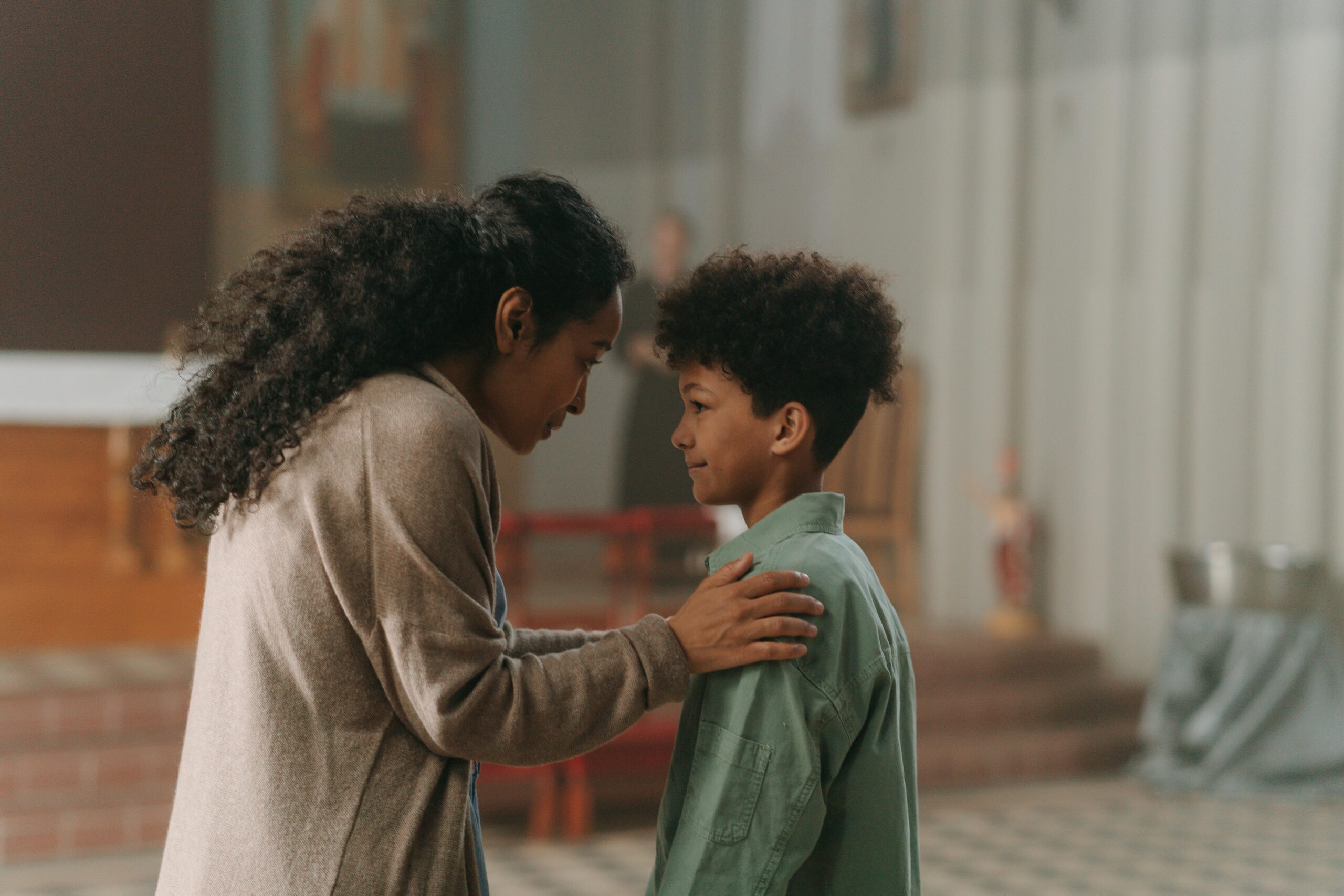Parenting is a journey filled with opportunities to nurture meaningful connections and create lasting memories. A strong parent-child bond not only nurtures emotional well-being but also shapes a child’s personality and future relationships.
Establishing and maintaining this bond requires consistent effort, understanding, and unconditional love.
In this comprehensive guide, we’ll explore proven strategies to strengthen the parent-child relationship and create lasting connections that foster trust, communication, and mutual respect.
Why is a Strong Parent-Child Bond Important?
A secure and healthy parent-child relationship is the foundation of a child’s emotional and psychological development. It helps children feel valued, loved, and confident. Some of the key benefits of a strong parent-child bond include:
- Emotional Security: Children who feel connected to their parents are better equipped to handle stress and challenges.
- Better Communication: Open and honest communication fosters trust and understanding.
- Improved Behavior: A nurturing bond reduces behavioral issues and promotes positive attitudes.
- Academic Success: Supportive relationships encourage children to perform better in school.
- Healthy Relationships: Children with strong parent-child bonds often grow up to form healthy, fulfilling relationships with others.
Strategies to Build a Strong Parent-Child Bond
1. Prioritize Quality Time
Spending quality time with your child is essential for building a meaningful connection. Set aside dedicated time each day to engage in activities that your child enjoys. Whether it’s reading a book, playing a game, or having a heart-to-heart conversation, these moments create lasting memories and strengthen your bond.
Tips for spending quality time:
- Create a daily or weekly routine for family activities.
- Be fully present by putting away distractions like phones and work.
- Involve your child in planning activities to make them feel valued.
2. Practice Active Listening
Active listening is a powerful tool for fostering trust and understanding. When your child talks to you, give them your undivided attention. Show empathy by acknowledging their feelings and validating their experiences.
How to practice active listening:
- Maintain eye contact and use positive body language.
- Avoid interrupting or jumping to conclusions.
- Reflect on their words and ask open-ended questions to encourage dialogue.
3. Show Unconditional Love
Children thrive when they feel unconditionally loved and accepted. Celebrate their achievements, but also offer support during failures and challenges. Ensure that your love is not dependent on their performance or behavior.
Ways to express unconditional love:
- Use affirming words like “I love you,” “I’m proud of you,” and “You’re important to me.”
- Offer physical affection, such as hugs and kisses.
- Be patient and understanding during difficult times.
4. Foster Open Communication
Encourage your child to express their thoughts and feelings freely without fear of judgment or criticism. Establishing a safe space for communication helps your child feel heard and respected.
Tips for promoting open communication:
- Be approachable and nonjudgmental.
- Avoid overreacting to mistakes or misbehavior.
- Discuss everyday topics as well as deeper issues to build trust.
5. Set Boundaries with Love
While it’s essential to nurture a close relationship, it’s equally important to set clear boundaries. Consistent rules and expectations provide a sense of security and help children understand right from wrong.
How to set boundaries effectively:
- Be clear and consistent about rules and consequences.
- Explain the reasons behind rules to encourage understanding.
- Enforce boundaries with kindness and firmness, not harshness.
6. Engage in Positive Discipline
Discipline should be about teaching, not punishing. Positive discipline strategies focus on guiding behavior in a constructive and respectful manner.
Examples of positive discipline techniques:
- Use time-ins instead of time-outs to discuss feelings and solutions.
- Focus on teaching problem-solving skills rather than assigning blame.
- Praise positive behavior to reinforce good habits.
7. Share Experiences and Traditions
Creating shared experiences and family traditions strengthens your bond and provides a sense of belonging. These moments foster a strong family identity and create cherished memories.
Ideas for shared experiences:
- Celebrate holidays and milestones together.
- Cook meals as a family and enjoy them together.
- Participate in community activities or volunteer work.
8. Support Their Interests and Passions
Show interest in your child’s hobbies, talents, and passions. Encouraging their pursuits demonstrates your support and helps build their confidence.
How to support your child’s interests:
- Attend their events, such as sports games or school performances.
- Provide resources and opportunities to explore their interests.
- Celebrate their efforts and achievements, big or small.
9. Model Positive Behavior
Children learn by observing their parents. By modeling positive behaviors, you set an example for your child to follow.
Key behaviors to model:
- Practice kindness, patience, and empathy.
- Show respect in your interactions with others.
- Demonstrate healthy coping strategies for stress and challenges.
10. Adapt to Your Child’s Needs
As children grow, their needs and preferences evolve. Being flexible and adapting your parenting approach ensures that your bond remains strong through different stages of development.
Adapting to your child’s growth:
- Respect their growing independence while offering guidance.
- Be open to feedback and adjust your methods as needed.
- Stay involved in their lives without being overbearing.
Overcoming Challenges in Building a Strong Bond
Building a strong parent-child relationship can sometimes be challenging, especially with external pressures like work, technology, and societal expectations. Here are some tips to navigate common challenges:
- Time Constraints: Prioritize small, meaningful moments throughout the day, even if you’re busy.
- Technology Distractions: Establish tech-free zones or times to encourage family interaction.
- Behavioral Issues: Address underlying causes with empathy and seek professional help if needed.
- Parenting Differences: Align with your co-parent on key values and approaches to avoid mixed signals.
The Role of Emotional Intelligence in Parent-Child Relationships
Emotional intelligence (EI) plays a crucial role in strengthening the parent-child bond. By understanding and managing your own emotions, you can better empathize with your child’s feelings and needs.
Ways to develop emotional intelligence:
- Practice self-awareness and mindfulness.
- Teach your child to identify and express their emotions.
- Respond to emotional situations with calmness and understanding.
Long-Term Benefits of a Strong Parent-Child Bond
Investing in your relationship with your child yields lifelong benefits for both of you. A strong bond can:
- Enhance your child’s self-esteem and resilience.
- Create a sense of security and belonging that lasts into adulthood.
- Strengthen family ties and foster intergenerational connections.
- Provide emotional support and a safe haven for your child at any stage of life.
Conclusion
Building a strong parent-child bond is an ongoing journey that requires patience, effort, and love. By prioritizing quality time, practicing active listening, and fostering open communication, you can create a relationship that stands the test of time. Remember, the foundation you build today will shape your child’s future and your lifelong connection.
If you’re looking for more parenting tips and strategies, explore our blog for expert advice on nurturing healthy and happy relationships with your children.



